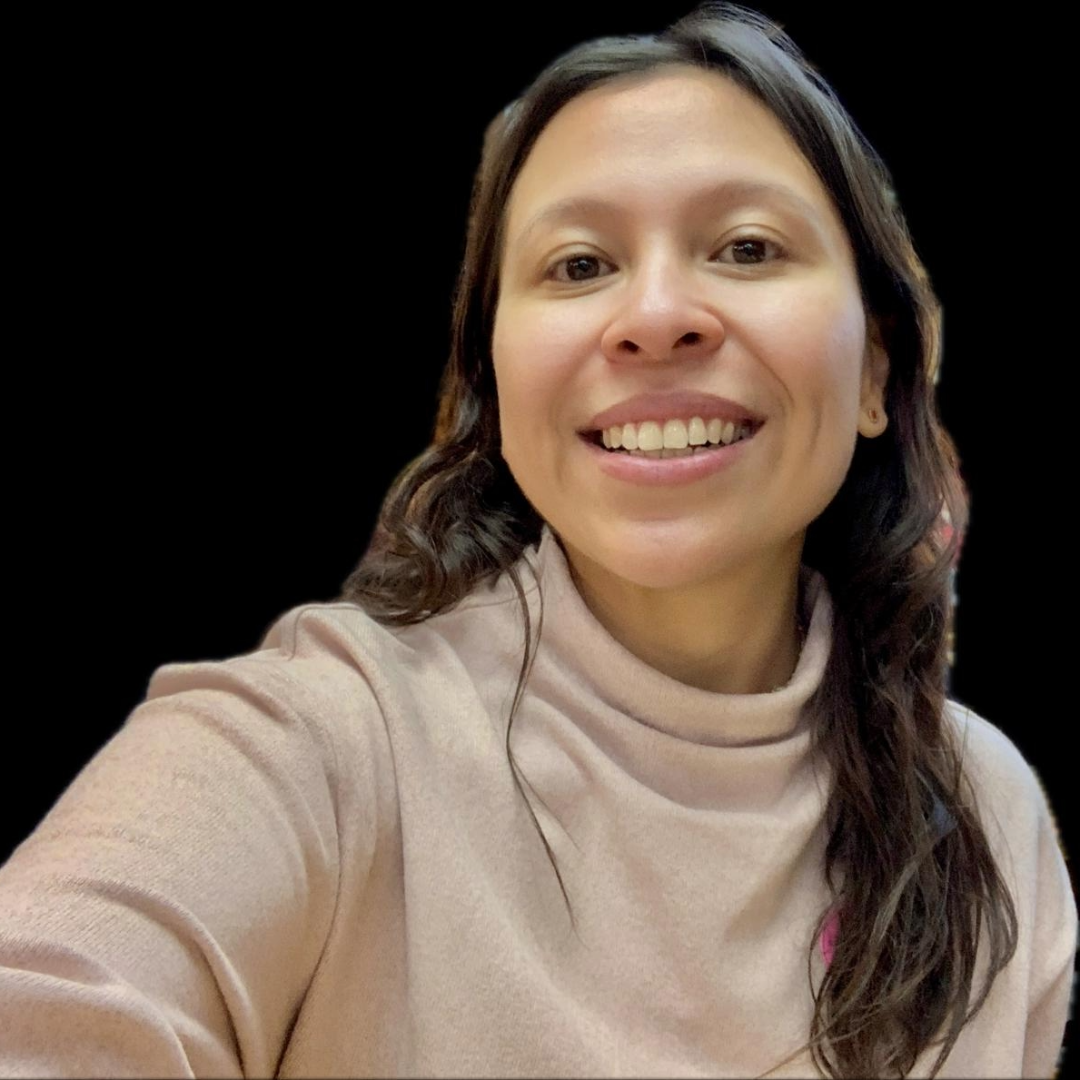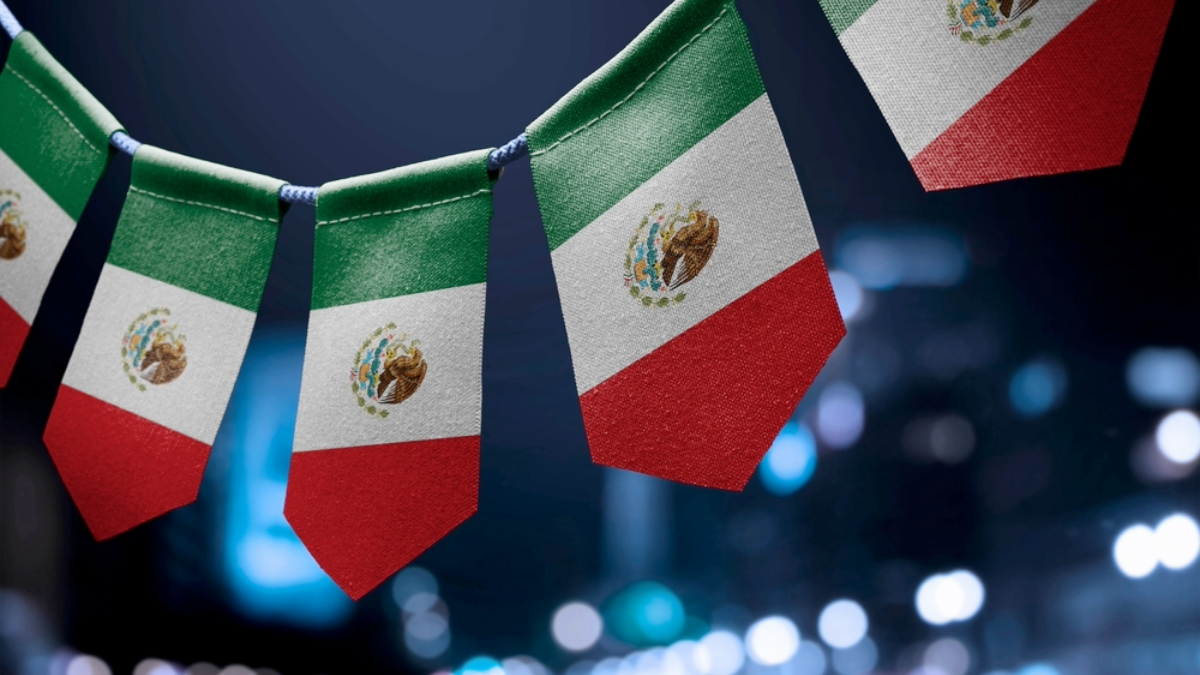On Eve of Mexico’s Elections, Threats to Freedom of Expression Online Grow
Martha Alicia Tudón Maldonado, Aga Maciejewska / May 16, 2024On 2 June, México will elect the country’s new president and Congress. In the lead-up to the vote, advocates at ARTICLE 19 Mexico and Central America are responding to the various threats to freedom of expression and the right to access information – from supporting journalists covering the elections to monitoring the abuse and misuse of legislation to censor speech online.
Freedom of expression, the right to participation, and access to information are fundamental parts of any democratic electoral process. Without access to diverse and accurate information about politicians and their electoral platforms, and without the ability to dissect, analyze and confront candidates from different perspectives and lenses, voters cannot make a meaningfully informed choice..
According to the latest Reuters Digital News Report, 63% of people in Mexico get their news from social media, and 48% say they share news via social media, messaging, or email. The report points to YouTube and TikTok as the fastest-growing platforms for news in Mexico. At the same time, the internet has bridged the gap between political entities and citizens, and become one of the main avenues for those seeking public office to communicate their ideas.
In this context, it becomes necessary to monitor the actions that political figures take online, and how electoral authorities attempt to control the digital space – to avoid acts of censorship, promote the free dissemination of ideas and ensure that information in the public interest continues to be easily accessible to all.
In many cases, in Mexico, this is far from the reality.
Earlier this year, Jorge Álvarez Máynez, a presidential candidate for Movimiento Ciudadano, posted a video on his Instagram account in which he and other politicians were seen drinking alcohol at a soccer game and making derogatory comments about his political adversaries and the Mexican electoral authorities. The video was quickly taken down, but stayed online long enough to be downloaded and start circulating on social media.
Shortly afterwards, several journalists who reported on the video and used the footage in their reports received notifications from digital platforms, such as YouTube and Instagram, requesting that their content be taken down, or notifying them that their content had already been taken down, because of copyright infringement.
Álvarez Máynez, through a digital content production company Badabun, was able to use a ‘notice and takedown’ mechanism: a provision of a Mexican federal copyright law that allows individuals to request the takedown of content that infringes copyright.
The process was supposed to protect commercial interests and was integrated into Mexican copyright law with the adoption of the United States-Mexico-Canada Agreement. Since then, it has served as a censorship mechanism, allowing for removal of content without the intervention of a judicial authority, evading the procedural guarantees for users of digital platforms. Powerful individuals have been able to abuse it for their own gain: the Badabun platform has previously been used by other politicians to claim certain content as their own in order to prevent its continuing dissemination. In order words, censoring information in the public interest. ARTICLE 19 is currently arguing before Mexico’s Supreme Court to ensure the ‘notice and takedown’ provisions are recognized as unconstitutional.
The second major threat to free expression and access to information during elections comes, paradoxically, from the very institutions designed to safeguard the integrity of elections in Mexico. Over the past 10 years, electoral authorities – the National Electoral Institute and the Electoral Tribunal of the Federal Judiciary – have increasingly been forced to analyze the role of social media in elections. Initially, their approach could have been described as ‘hands off.’ In their eyes, because of the lack of regulation of digital platforms, social media constituted a ‘zone of absolute freedom of expression.’ In recent years however, these institutions began to take action in relation to online content, including ordering the takedown of messages from digital platforms, also as a precautionary measure.
One of the most serious cases concerned a candidate for governor of the State of Mexico, Delfina Gomez, who filed a complaint against various users for posts on Twitter (now X), which, in her opinion, constituted political gender-based violence. The posts referred to her as an ‘electoral criminal’ and a ‘thief.’ In an extraordinary decision, the Electoral Court ordered platforms to remove the content as a precautionary measure, citing threats to Gomez’s political electoral rights. The case was appealed by a journalist, Raymundo Riva Palacio, who had been ordered to delete his posts about Gomez. In the end, the decision was revoked by the Federal Electoral Tribunal.
In this case, the electoral authorities initially did not recognize that the standard of content moderation for people who perform public functions should be higher than for other actors, especially during elections. People seeking public office and politicians who find themselves at the center of public debate knowingly expose themselves to public scrutiny, and hence must demonstrate greater tolerance for criticism.
This erroneous decision is not a one-off. ARTICLE 19 and its partners analyzed the case and a number of similar cases in recent years, finding that electoral authorities routinely issue questionable, arbitrary and contradictory rulings in matters related to online content. Often, their rulings affect the speech of those not bound by electoral laws, including journalists and ordinary internet users. The lack of clarity and consistency with which electoral authorities assess content related to elections on social media, and how they mandate content takedowns, can be considered a form of illegitimate censorship of public interest content.
Social media has become one of the key avenues for political discussion, and a source of information about elections. Efforts to safeguard election integrity must first and foremost safeguard citizens’ right to access information about political parties and candidates, and allow everyone – including journalists and ordinary citizens – to freely participate in public debate online. There is a real concern that on the eve of elections in Mexico, this right is under threat.
Authors


